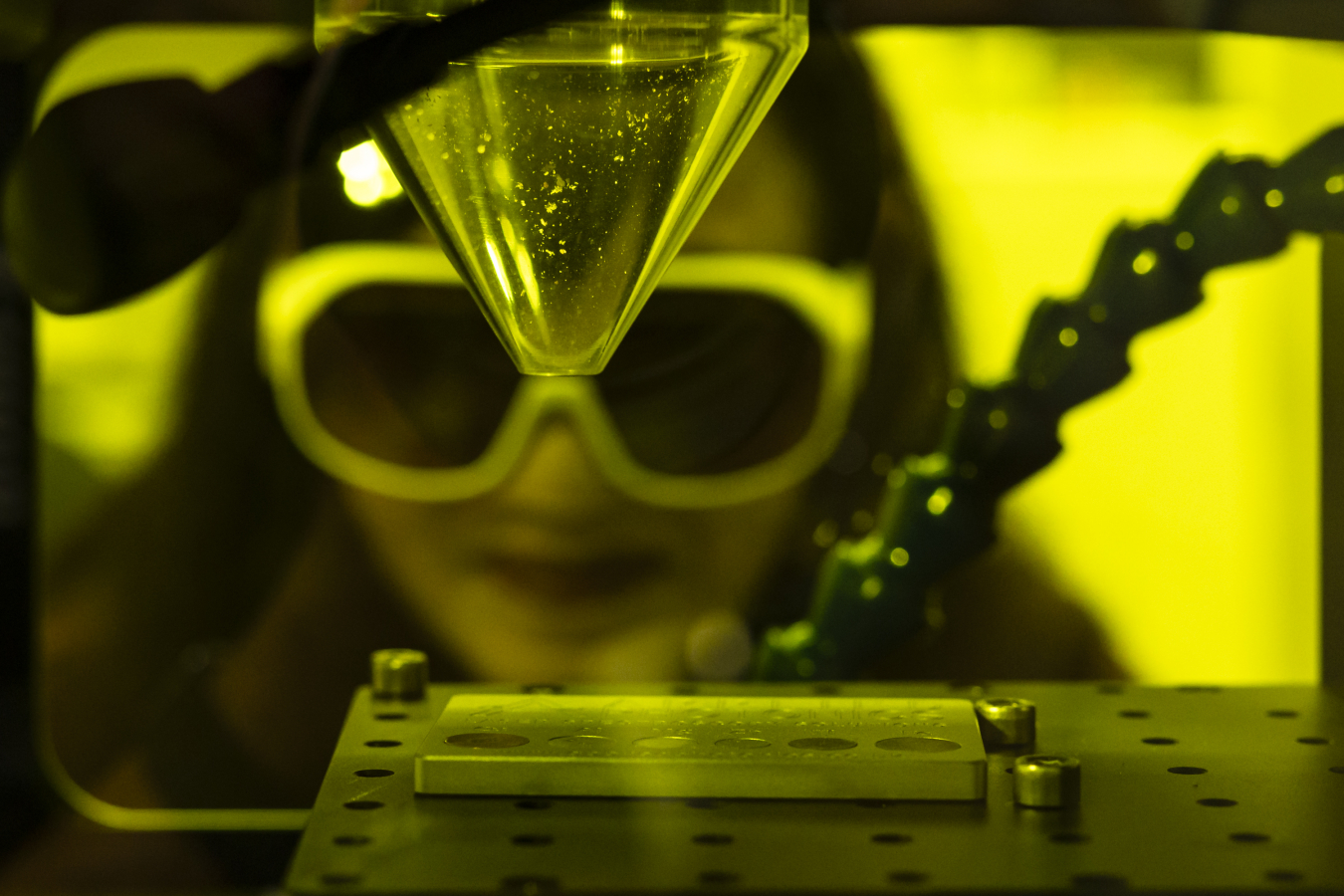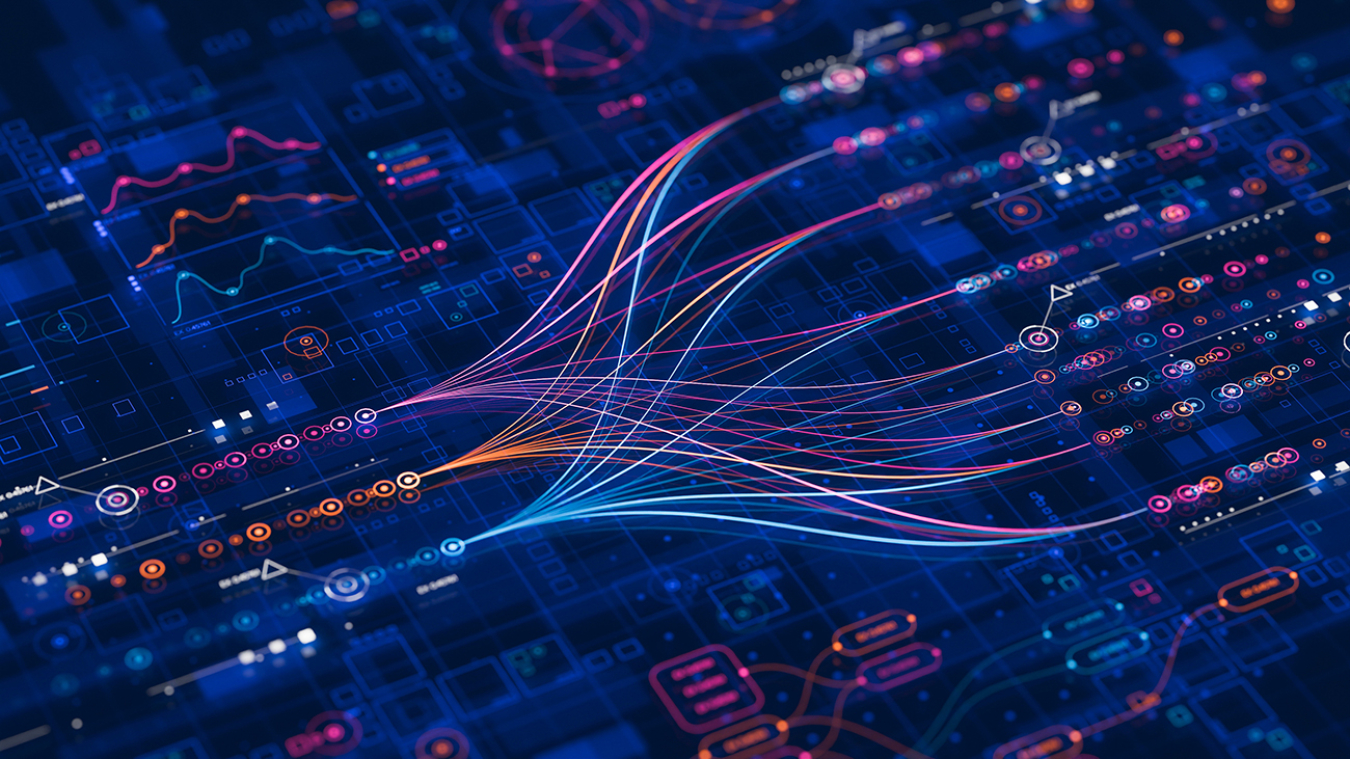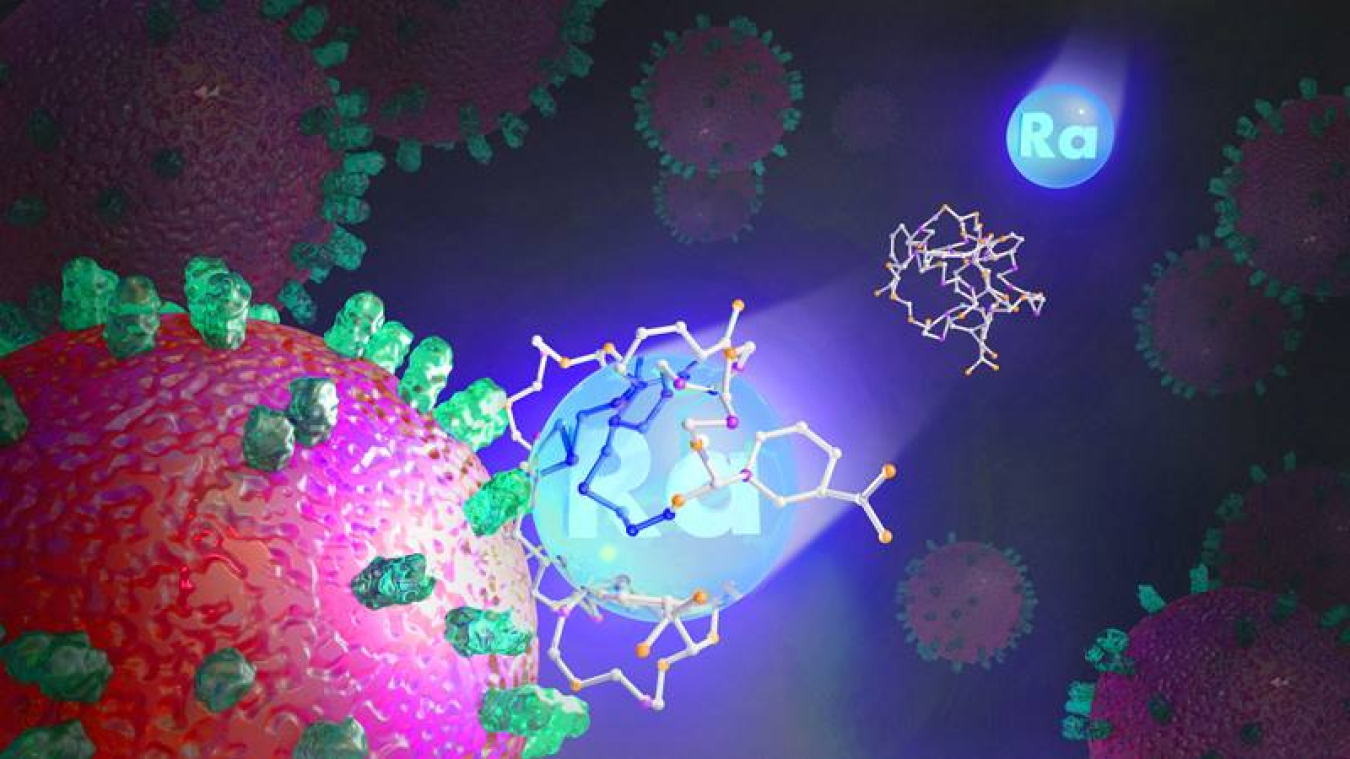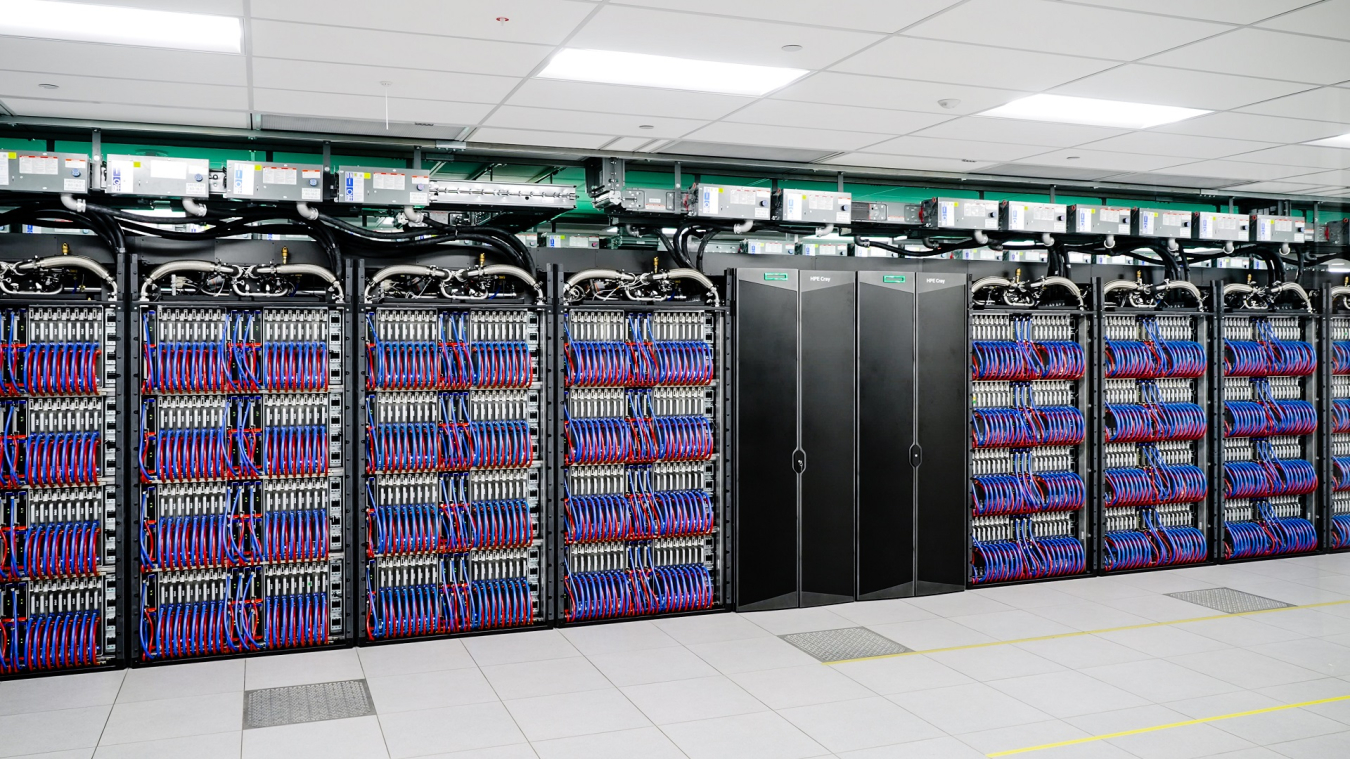The DOE Community Advances the Biotechnology Innovation Ecosystem
DOE is an engine for innovation in biotechnology from the lab to the market: conducting fundamental biological research, developing biotechnologies, and enabling biomanufacturing, as well as training a skilled workforce to support all of these areas. These programs are conducted by thousands of researchers from DOE’s 17 national laboratories, universities, and the private sector, and the results of this work provide broad benefits to society.
A distinctive feature of DOE’s biotechnology-related programs is their close coupling with the Department’s broad capabilities in the physical and computational sciences. For example:
- DOE’s world-leading capabilities at its X-ray and neutron sources are broadly used by researchers from industry to examine the structures of biomolecules for the development of pharmaceuticals.
- DOE’s best-in-class high-performance computers are used to model complex biological systems to understand and harness processes to produce biofuels.
- Capabilities for studying living systems and their genetic make-up are combined with automated “smart” laboratories and used to test these models and lay the groundwork for engineering these processes to optimize and scale-up biomanufacturing.
- And scale-up infrastructure at DOE user-access facilities is leveraged to demonstrate bioproduction.
In all of these activities, DOE maintains and immense store of well-curated, high-quality biological data that is made available to the scientific community.
In service of the Department’s science, applied energy, and national security mission set, the DOE ecosystem actively supports all aspects of biotechnology research, development, demonstration, and deployment, advancing innovations that serve the public good.
Highlights
-
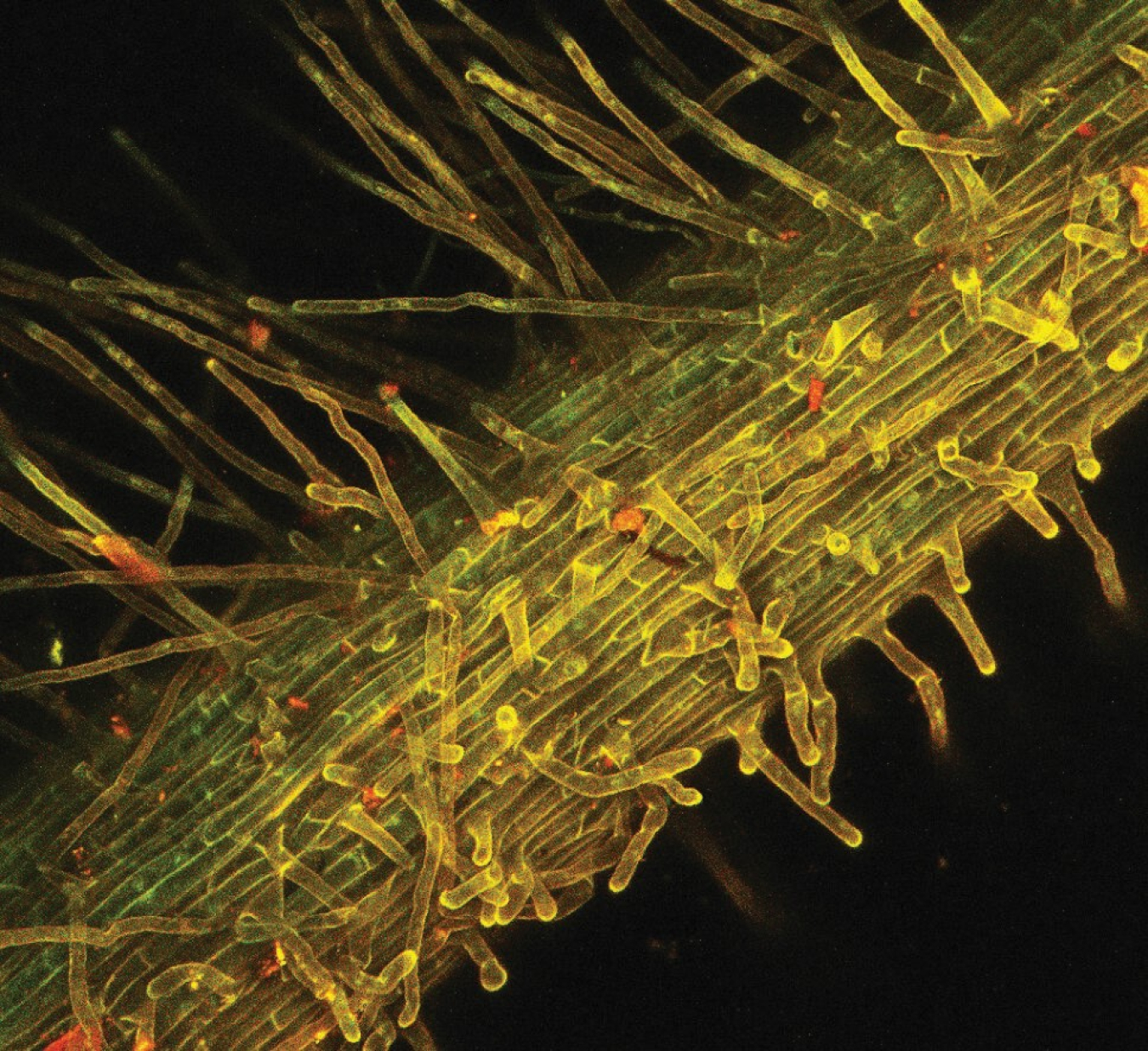 DOE has supported discovery- and hypothesis-driven research, as well as technology development, to understand and enable the sustainable use of microbes, plants, and waste resources to produce sustainable fuels and chemicals to support national priorities in energy security and resilience.
DOE has supported discovery- and hypothesis-driven research, as well as technology development, to understand and enable the sustainable use of microbes, plants, and waste resources to produce sustainable fuels and chemicals to support national priorities in energy security and resilience. -
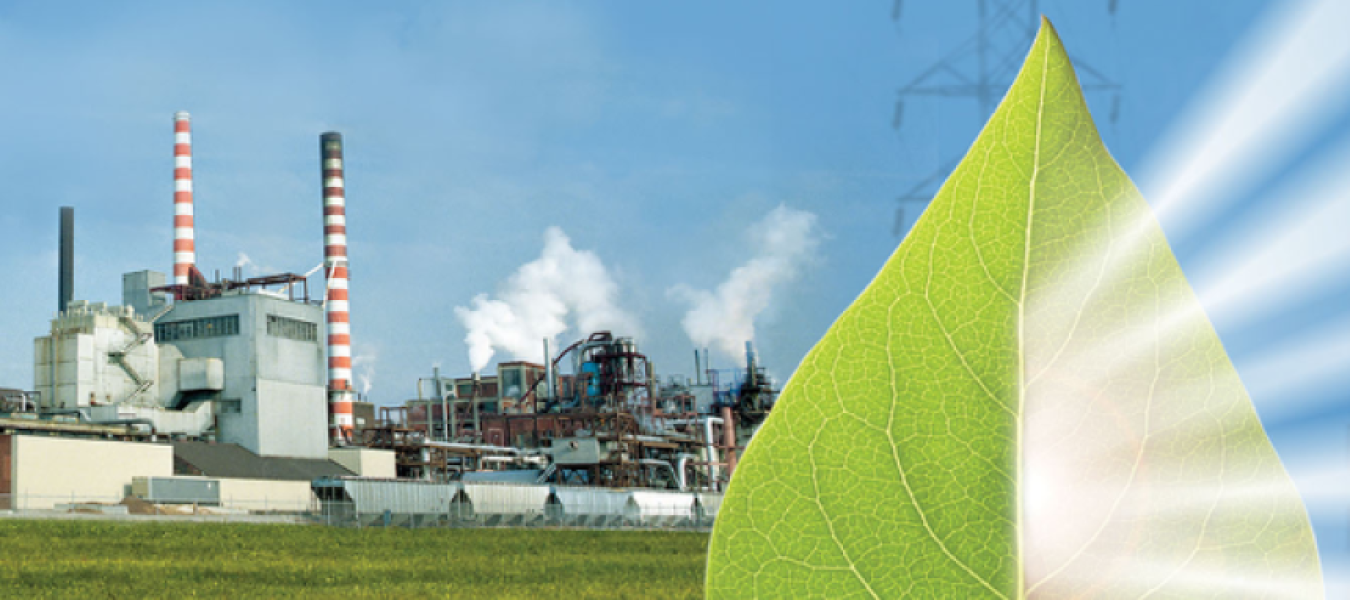 A key part of the Department’s mission is to facilitate the translation of the results of scientific research into useful services and products, and the DOE complex includes a full stack of funding programs, initiatives, capabilities, and infrastructure to support the scale-up of biomanufacturing, such as the production of sustainable aviation fuels.
A key part of the Department’s mission is to facilitate the translation of the results of scientific research into useful services and products, and the DOE complex includes a full stack of funding programs, initiatives, capabilities, and infrastructure to support the scale-up of biomanufacturing, such as the production of sustainable aviation fuels. -
 The DOE complex’s unique capabilities are regularly marshaled in service of critical national needs, for example, to accelerate advances in precision diagnosis and treatment of cancer, or during the COVID-19 pandemic, when scientists and engineers from the DOE national laboratories coordinated to support development of all three vaccines approved for use in the U.S., as well as the life-saving COVID-19 antiviral, Paxlovid.
The DOE complex’s unique capabilities are regularly marshaled in service of critical national needs, for example, to accelerate advances in precision diagnosis and treatment of cancer, or during the COVID-19 pandemic, when scientists and engineers from the DOE national laboratories coordinated to support development of all three vaccines approved for use in the U.S., as well as the life-saving COVID-19 antiviral, Paxlovid.
Clean Fuels & Products Earthshot

The climate crisis calls for a different kind of moonshot. DOE Energy Earthshots will accelerate breakthroughs of more abundant, affordable, and reliable clean energy solutions within the decade. They will drive the major innovation breakthroughs that we must achieve to solve the climate crisis, enable us to reach our national 2050 net-zero carbon goals, and create the jobs of the new clean energy economy. The Energy Earthshots target the most challenging technical problems across our energy economy.
To significantly reduce the negative impacts of greenhouse gas emissions (GHGs) from carbon-based fuels and products critical to our way of life, DOE launched the Clean Fuels & Products Shot. The Clean Fuels & Products Shot focuses on decarbonizing fuels and chemicals through alternative sources of carbon to advance cost-effective technologies with a minimum of 85% lower GHG emissions by 2035.
The Clean Fuels & Products Shot builds on DOE’s role in the Sustainable Aviation Fuel Grand Challenge and supports the country’s goal of net-zero emissions by 2050 by developing the sustainable feedstocks and conversion technologies necessary to produce crucial fuels and carbon-based products in sectors that are difficult to fully decarbonize.
Progress, Potential, and Possibilities: Innovating with Biology Podcast
The Future of Biofuels
Press Releases
From Our Blogs
-
- Environmental and Legacy Management
- Public Health
- Cancer Research
- Biotechnology
- International Meetings and Forums
October 31, 2024 -
- Particle/High Energy Physics
- Explore Physics at DOE (Physics)
- Quantum Science
- Genomics
- Biotechnology
October 29, 2024


